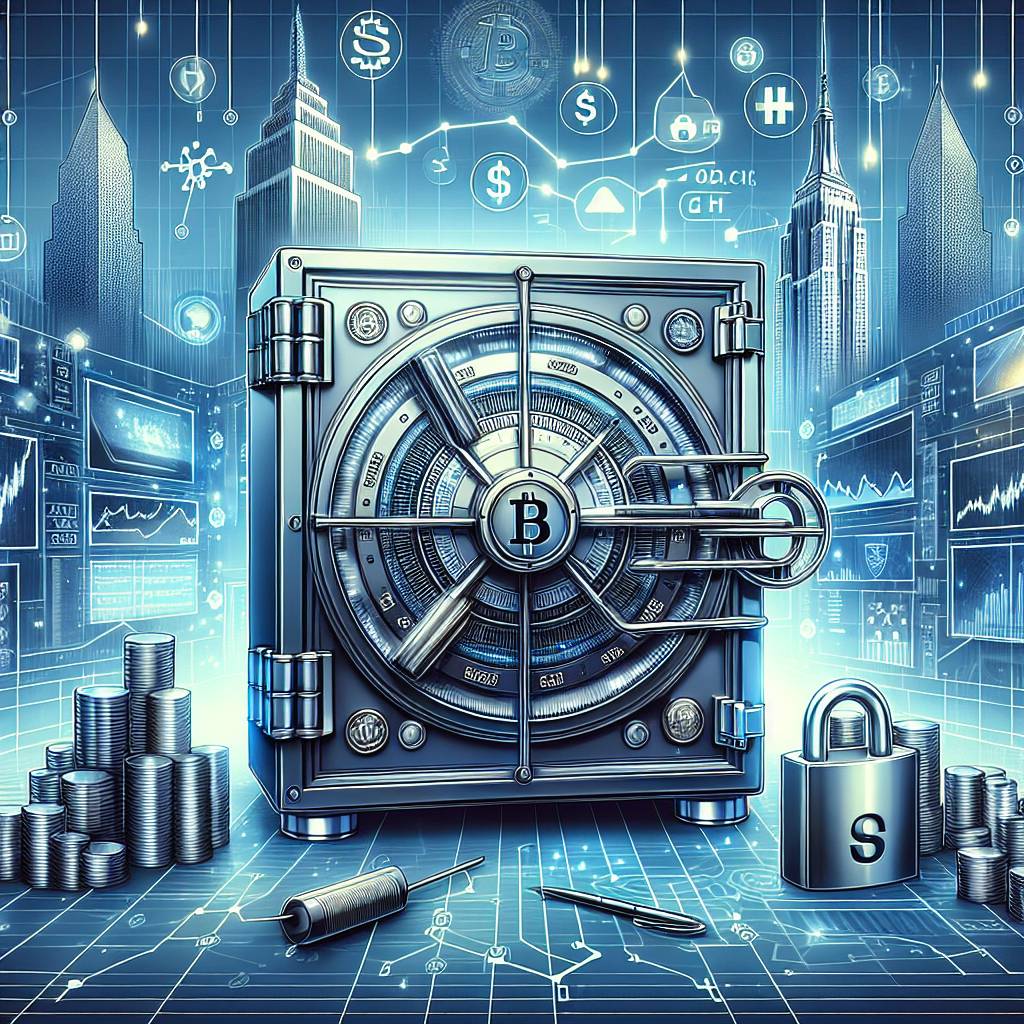What are the best practices for storing and protecting a blockchain private key?
What are some recommended methods for securely storing and safeguarding a private key used in blockchain transactions?

3 answers
- One of the best practices for storing and protecting a blockchain private key is to use a hardware wallet. Hardware wallets are physical devices that store your private key offline, making it extremely difficult for hackers to access. They often come with additional security features, such as PIN codes and encryption, to further protect your key. By keeping your private key offline, you reduce the risk of it being compromised by malware or online attacks. Another practice is to create multiple backups of your private key and store them in secure locations. This ensures that even if one backup is lost or damaged, you can still access your funds. It's important to choose secure storage options, such as encrypted USB drives or paper wallets, and keep them in separate physical locations to minimize the risk of theft or loss. Additionally, using strong passwords and enabling two-factor authentication (2FA) adds an extra layer of security to your private key. Make sure to choose a unique and complex password that is not easily guessable. 2FA requires you to provide a second form of verification, such as a code sent to your mobile device, before accessing your private key. This helps prevent unauthorized access even if your password is compromised. Remember, the security of your private key is crucial for protecting your digital assets. By following these best practices, you can significantly reduce the risk of unauthorized access and ensure the safety of your blockchain transactions.
 Dec 26, 2021 · 3 years ago
Dec 26, 2021 · 3 years ago - When it comes to storing and protecting a blockchain private key, there are a few things you should keep in mind. First, avoid storing your private key on any device connected to the internet. This includes your computer, smartphone, or cloud storage. Instead, opt for offline storage options like hardware wallets or paper wallets. Second, make sure to choose a strong password for your private key. Avoid using common words or easily guessable combinations. A strong password should include a mix of uppercase and lowercase letters, numbers, and special characters. Third, consider using a multi-signature wallet. This type of wallet requires multiple private keys to authorize transactions, adding an extra layer of security. By distributing the private keys across different devices or individuals, you reduce the risk of a single point of failure. Lastly, regularly update your software and firmware to ensure you have the latest security patches. Developers often release updates to address vulnerabilities and improve overall security. By following these best practices, you can significantly enhance the security of your blockchain private key and protect your digital assets.
 Dec 26, 2021 · 3 years ago
Dec 26, 2021 · 3 years ago - At BYDFi, we highly recommend using a hardware wallet to store and protect your blockchain private key. Hardware wallets offer the highest level of security by keeping your private key offline and protected from potential online threats. They are designed to be resistant to hacking attempts and provide a secure environment for managing your digital assets. In addition to using a hardware wallet, it's important to follow other best practices such as creating backups of your private key and using strong passwords. Storing backups in separate physical locations and using unique passwords can further enhance the security of your private key. Remember, the security of your private key is essential for protecting your digital assets. By implementing these best practices, you can minimize the risk of unauthorized access and ensure the safety of your blockchain transactions.
 Dec 26, 2021 · 3 years ago
Dec 26, 2021 · 3 years ago
Related Tags
Hot Questions
- 91
How does cryptocurrency affect my tax return?
- 78
How can I buy Bitcoin with a credit card?
- 72
What are the best practices for reporting cryptocurrency on my taxes?
- 64
What is the future of blockchain technology?
- 61
Are there any special tax rules for crypto investors?
- 58
What are the tax implications of using cryptocurrency?
- 51
How can I minimize my tax liability when dealing with cryptocurrencies?
- 22
What are the best digital currencies to invest in right now?
